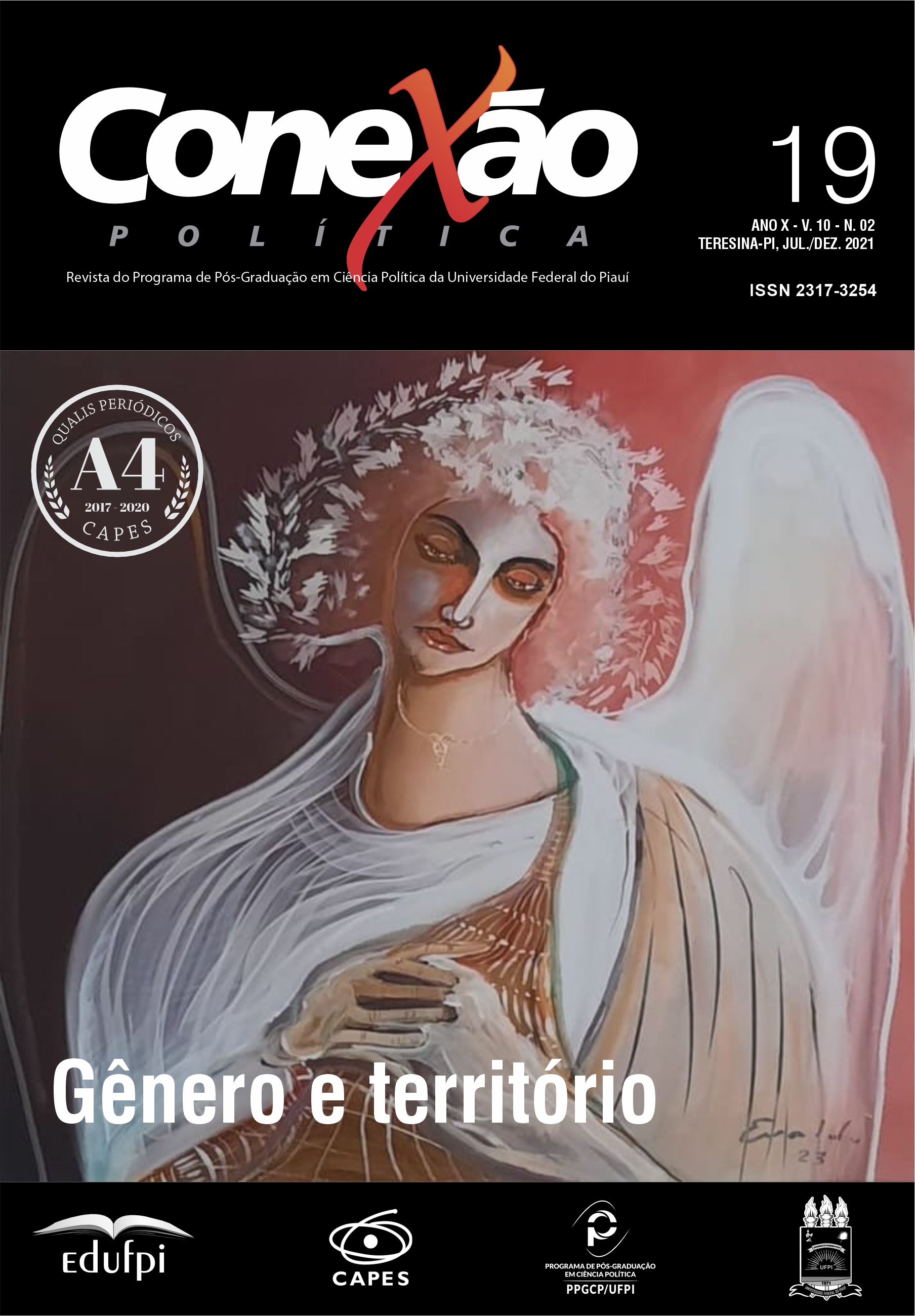WOMEN IN POTIGUAR INSTITUTIONAL POLITICS
AN ANALYSIS ON THE EXPERIENCE OF THOSE ELECTED TO THE MUNICIPAL LEGISLATIVE
DOI:
https://doi.org/10.26694/2317-3254.rcp.v10i2.5352Keywords:
woman, Rio Grande do Norte’s pioneers, gender, politicsAbstract
This article addresses the insertion of women in institutional politics in Rio Grande do Norte (RN) and its pioneering history. We sought to investigate the representativeness of potiguares in the institutional policy of the state, analyzing the development of the historical course from the inequalities between genders, basing such analysis on the Dialectical Historical Materialist method. In order to achieve these objectives, a documentary analysis of historical documents made available to the Legislative Assembly of Rio Grande do Norte and semi-structured interviews with parliamentarians elected councilors by the Potiguar state in the 2016 elections - the year of the coup that removed the first woman elected President of Brazil, were carried out. It is concluded that there is a dialectic relationship between representativeness, public policies and active participation, however, it is not enough to imply the concrete opening of more space in politics for women, as well as, in overcoming the unequal relations that subjugate them.




